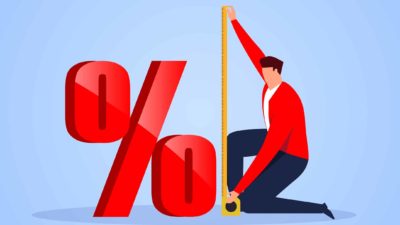Investors have a reason to keep bidding risk assets higher next week after the US and China agreed to hit the reset button on trade talks that broke down last month and made concessions to ease tensions.
That will be good news for our market given the bout of profit taking that sent the S&P/ASX 200 (Index:^AXJO) (ASX:XJO) index tumbling 0.7% on the last day of the 2019 financial year although it did chalk up a 6.9% gain over the past 12 months.
While there was some expectation (or hope) that the world's two largest economies would agree to return to the negotiating table, the surprise was news that US President Donald Trump would ease restrictions on Chinese tech giant Huawei.
Trump throws Huawei a lifeline
Trump said he would overturn a ban on US companies selling goods and equipment to Huawei as long as these products didn't breach national security.
The US Commerce Department had put Huawei on a blacklist after the trade talks broke down between the two countries. Being on the blacklist would prevent US firms like Google from supplying the Chinese company with its products and services.
This could have brought Chinese government-backed Huawei to its knees and news reports indicated that China's President Xi Jinping made the easing of restrictions on the company one of the conditions for resuming trade talks.
Trump-Xi on-off bromance turned back to "on"
Trump has also agreed not to impose new tariffs on China for "the time being" and Xi agreed to buy more agricultural produce from the US in exchange, according to Bloomberg.
The waving of the olive branch by both sides would be a welcomed relief to investor who were unnerved six weeks ago when Trump accused Beijing of renegading on earlier promises and lifted tariffs on US$200 billion of Chinese imports from 10% to 25%.
China hit back by lifting duties on some US goods, which prompted Trump to blacklist Huawei and threaten imposing tariffs on another US$300 billion plus of Chinese imports.
A full-scale trade war could shave around 0.5% off global gross domestic product (GDP) and could have sent a few countries into a recession.
Foolish takeaway
Growth stocks could be back in favour next month on the back of this development, although there could be a string in the tail of a trade truce.
Central banks could pare their dovish stand on interest rates if the global trade outlook improves, and that could be a negative for equity markets, including the ASX.
ASX Shares have rallied in recent months on the belief that interest rates in Australia will crash to under 1% as the Reserve Bank of Australia attempted to offset the trade gloom by cutting rates. Their US counterparts are also standing ready to cut rates.
It's this co-ordinated (or rather, coincidental) rate cutting cycle that has lifted share markets – and I daren't think of how they would react if central bankers started sounding a little more upbeat.








